
SCARS Institute’s Encyclopedia of Scams™ Published Continuously for 25 Years

Phatic Expressions – A Scammer Manipulation Technique
A Communication Technique Used by Scammers to More Easily Lure In and Groom Scam Victims
Psychology of Scams – A SCARS Insight
Article Abstract
Phatic expressions is a communication style used primarily for social engagement rather than conveying information. These expressions, such as greetings, small talk, and polite phrases, play a crucial role in establishing and maintaining social bonds, ensuring conversational flow, and adhering to social norms.
Scammers exploit phatic language during the grooming phase to build rapport and trust with their victims. By using familiar and friendly expressions, scammers create a facade of normalcy and reliability, which lowers the victim’s defenses and reduces critical thinking. This manipulation creates emotional connections and dependency, making victims more susceptible to the scammer’s influence.
The repeated use of phatic expressions triggers the Mere Exposure Effect, enhancing familiarity and comfort, which the brain often equates with safety. This relaxed state diminishes the vigilance of the prefrontal cortex, reducing the victim’s ability to scrutinize the scammer’s intentions critically.
Consequently, victims find it harder to break away from the scammer and more challenging to recognize the deception, even after the scam is revealed.
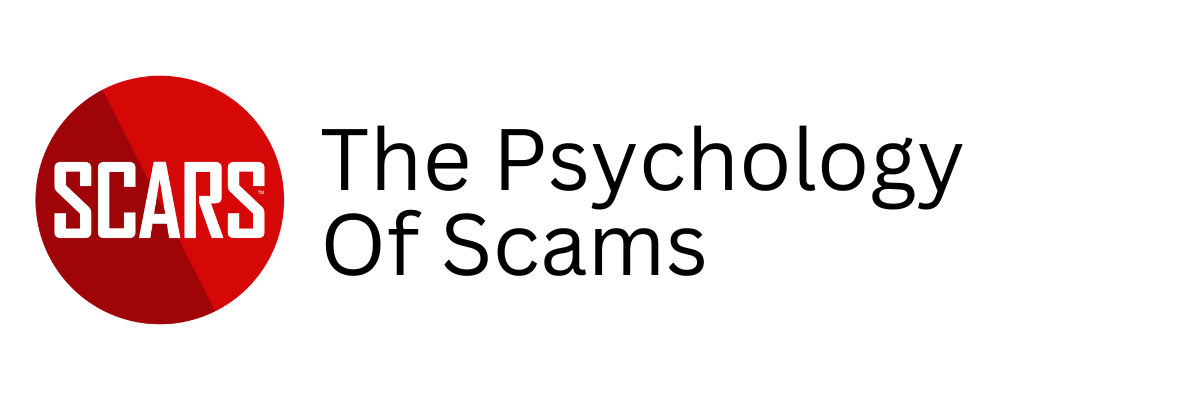
Phatic Language or Phatic Communications Or Phatic Expressions is a Social Engagement Language Style Heavily used by Scammers during the Grooming, Manipulation, and Control Phases of Relationship and other types of Scams
Phatic language, also known as phatic communication or phatic expressions, refers to the use of language primarily for social or relational purposes rather than to convey information or ideas.
What is Phatic Language?
Phatic language serves to establish, maintain, or manage social connections between people. Phatic language includes small talk, greetings, farewells, and other conversational rituals that help facilitate social interactions. The term was introduced by the linguist Bronisław Malinowski.
Some key aspects of phatic language:
Social Bonding: The primary function of phatic expressions is to create and reinforce social bonds. This type of language helps people feel connected and acknowledged in social settings.
Conversational Maintenance: Phatic communication keeps conversations going and prevents awkward silences. It includes phrases like “How are you?” or “Nice weather today,” which may not carry significant informational content but help maintain the flow of conversation.
Politeness and Courtesy: Phatic language often serves to show politeness and respect. Greetings like “Hello,” “Good morning,” and “Thank you” are used to show consideration for others and to adhere to social norms.
Relational Function: It focuses on the relational aspect of communication rather than the transactional. For instance, when someone says “Have a nice day,” the emphasis is on expressing goodwill rather than on conveying factual information.
Examples of phatic expressions include:
- “Hi, how are you?”
- “Nice to meet you.”
- “Take care!”
- “See you later.”
- “Have a good one.”
In essence, phatic language is an important part of human interaction, serving to create a sense of community, ease, and most importantly TRUST in social contexts. While it may seem trivial, it plays a crucial role in creating social cohesion and maintaining interpersonal relationships.
Have you ever noticed how people who do not engage in phatic expressions seem rude or distant? This is just an example of how important it is, especially in scams.
Phatic Language in Scams
Phatic language is an important tool used by relationship scammers, especially during the grooming stage, but even after that. This type of language helps scammers build rapport and trust with their victims, making the victims more susceptible to manipulation.
Here are examples of how phatic language is used by scammers and the purposes it serves during the grooming process:
Use of Phatic Language by Relationship Scammers
Building Rapport and Trust:
Greetings and Small Talk: Scammers often start with casual greetings and small talk. They might ask about the victim’s day, comment on the weather, or discuss common interests. These interactions are designed to seem friendly and non-threatening.
Polite and Courteous Phrases: Phrases like “Good morning,” “How was your day?” and “Sleep well” are commonly used to create a sense of normalcy and routine in the interaction, making the victim feel valued and cared for.
Establishing Emotional Connection:
Expressing Interest: By asking seemingly benign questions about the victim’s life, family, and interests, scammers appear genuinely interested in the victim’s well-being, which creates a sense of emotional closeness.
Compliments and Affirmations: Compliments such as “You have a beautiful smile” or “I love talking to you” are used to boost the victim’s self-esteem and create a positive association with the scammer.
Creating a Sense of Intimacy:
Frequent Communication: Regular use of phatic language helps create a feeling of constant presence and attentiveness. Frequent messages like “Good night” or “Thinking of you” make the victim feel like they are in a continuing relationship.
Personalized Greetings: Using the victim’s name frequently and personalized messages can make interactions feel more genuine and intimate. Of course, most scammers do not use the person’s name (sing there is too much risk of mistakes) but they will use ‘Dear’, ‘Honey’, and ‘Sweetheart’ and other endearments that work the same.
Purpose of Phatic Language in Grooming a Scam Victim
Lowering Defenses: Phatic expressions are non-threatening and friendly, which helps lower the victim’s defenses. This makes the victim more open to deeper conversations and more significant emotional manipulation.
Creating a Normalized Relationship: By using everyday conversational rituals, scammers make the relationship appear normal and genuine. This helps the victim accept the scammer as a legitimate part of their social circle.
Building Emotional Dependency: Consistent, seemingly caring communication helps build an emotional dependency. The victim begins to rely on the scammer for emotional support and companionship, making it harder for them to break away when the scam progresses.
Establishing Trust: Trust is a crucial component of successful scams. Phatic language creates a veneer of reliability and normalcy, which is essential for making the victim trust the scammer enough to comply with their eventual requests for money or personal information.
Phatic Language or Expressions and the Scam Victim’s Brain
Phatic expressions play a significant role in the grooming phase of a scam, subtly impacting the victim’s brain in various ways. These expressions are designed to build a sense of connection and trust between the scammer and the victim, setting the stage for further manipulation.
Here are examples of how they affect the brain of the scam victim:
Building Trust and Rapport: Phatic expressions, such as small talk and casual greetings, create a facade of normalcy and friendliness. The brain interprets these as social signals that someone is trustworthy and likable. This activates the brain’s reward system (striatum,) releasing neurotransmitters like dopamine, which contribute to feelings of pleasure and bonding. As a result, the victim becomes more open and receptive to the scammer.
Reducing Critical Thinking: Engaging in light, non-threatening conversation helps lower the victim’s defenses. Phatic communication bypasses the brain’s critical thinking and analytical centers, which might otherwise raise red flags. The prefrontal cortex, responsible for decision-making and reasoning, becomes less active when the conversation seems harmless and routine, allowing the scammer to gradually introduce more manipulative elements. See more about this below.
Creating a Sense of Belonging: Human brains are wired to seek social connections and belonging. Phatic expressions exploit this by making the victim feel included and valued. Phrases like “How was your day?” or “It’s great to hear from you!” trigger feelings of social acceptance and affiliation, which are processed in the brain’s limbic system. This emotional connection makes the victim more susceptible to the scammer’s influence.
Lowering Guard Through Familiarity: Repeated use of phatic expressions creates familiarity, which the brain often equates with safety. The scammer’s consistent, friendly communication patterns create a cognitive bias known as the “mere-exposure effect,” where the victim starts to feel more comfortable and less suspicious simply because they are frequently interacting with the same person.
Emotional Manipulation: Phatic expressions can also be tailored to elicit specific emotional responses. Compliments, expressions of concern, and empathy trigger the brain’s mirror neurons, which are involved in understanding and sharing emotions. This creates a sense of empathy and emotional connection with the scammer, making the victim more likely to comply with requests or share personal information.
Building a Narrative: Over time, phatic communication helps build a narrative of a relationship. The brain constructs a mental story (see temporoparietal junction) based on these interactions, reinforcing the perceived legitimacy of the scammer. This narrative can overshadow logical inconsistencies and red flags, as the victim’s brain focuses on the emotional and relational aspects rather than the factual ones.
Phatic expressions during the grooming phase of a scam subtly manipulate the victim’s brain by building trust, reducing critical thinking, creating a sense of belonging, fostering familiarity, eliciting emotional responses, and constructing a convincing narrative. This psychological groundwork paves the way for deeper manipulation and exploitation as the scam progresses.
How Phatic Expressions Reduce Critical Thinking
Phatic expressions reduce critical thinking in the brain by creating a sense of familiarity and safety, which leads to a relaxed mental state. This relaxation can suppress the brain’s natural skepticism and analytical processes, making it easier for scammers to manipulate their victims.
Here’s a deeper dive into how this happens:
Activation of the Default Mode Network (DMN)
Phatic expressions often involve routine, mundane conversations that don’t require much cognitive effort. When engaged in such familiar and low-stakes interactions, the brain’s Default Mode Network (DMN) becomes more active. The DMN is associated with mind-wandering, daydreaming, and relaxed states. When the DMN is active, the brain is less engaged in critical analysis and more focused on social and emotional processing.
Diminished Prefrontal Cortex Activity
The prefrontal cortex (PFC) is responsible for higher-order functions such as reasoning, critical thinking, and decision-making. When a person feels safe and engaged in a pleasant conversation, the PFC is less vigilant. This reduced vigilance means the brain is less likely to scrutinize the information being received and more likely to accept it at face value.
Cognitive Ease and Heuristics
Phatic expressions create a sense of cognitive ease. Cognitive ease occurs when the brain processes information smoothly without much effort. This feeling of ease can lead the brain to use heuristics (cognitive biases) or mental shortcuts. Heuristics are efficient rules or methods used to make quick judgments and decisions (though very often wrong.) While these can be useful, they also make the brain more susceptible to manipulation because it relies on past experiences and familiar patterns rather than detailed analysis.
Social Validation and Trust Signals
Phatic expressions often mimic the social interactions we have with trusted friends and family. The brain interprets these social cues as signals of trust and validation. When someone consistently uses friendly and familiar language, the brain’s social circuits interpret this as a sign of a trustworthy and non-threatening individual. This perceived trust reduces the likelihood of engaging the brain’s critical faculties.
Oxytocin and Social Bonding
Engaging in social interactions, even superficial ones, can lead to the release of oxytocin, sometimes called the “love hormone” or “bonding hormone.” Oxytocin promotes feelings of bonding and reduces stress. The release of oxytocin during phatic exchanges can lower the brain’s defenses and critical thinking, making the individual more susceptible to persuasion and manipulation.
Reduced Cognitive Load
Phatic communication usually revolves around simple and non-confrontational topics. This simplicity reduces cognitive load, freeing up mental resources that would otherwise be used for critical analysis. With fewer cognitive resources devoted to analyzing the conversation, the brain is more likely to overlook inconsistencies or potential red flags because it is free to wander and think about other thngs.
Routine and Habit Formation
Repetition of phatic expressions over time creates a sense of routine and habit. The brain likes predictability and routines because they require less cognitive effort. Once a routine is established, the brain is less likely to question it, leading to a form of cognitive autopilot where critical thinking is minimized.
Summary
Phatic language plays a vital role in the grooming stage of relationship scams. By using friendly, polite, and routine conversational elements, scammers can build rapport, establish emotional connections, create a sense of intimacy, and ultimately gain the trust of their victims. This foundation of trust and emotional attachment is what allows scammers to manipulate their victims effectively.
Phatic expressions reduce critical thinking by promoting cognitive ease, activating trust and social bonding mechanisms, decreasing the vigilance of the prefrontal cortex, and encouraging routine-based interactions. This combination of factors creates a mental state where the brain is more prone to accept information without rigorous scrutiny, making it easier for scammers to manipulate their victims.
More Scammer Techniques:
- Scammers Start By Grooming Scam Victims – Spotting An Online Scam Groomer – Grooming As A Scam Technique – 2024 (romancescamsnow.com)How To Spot A Gaslighter – Gaslighting As A Scam Technique – 2024 (romancescamsnow.com)
- Breadcrumbing – A Scammer Manipulation Technique – 2024 (romancescamsnow.com)
- Lover Boy Technique Scams Lead To Human Trafficking & Prostitution 2023 (romancescamsnow.com)
- Paradoxical Persuasion – A Scammer Psychological Manipulation Technique 2023 (romancescamsnow.com)
- Advanced Scammer Techniques: Cold Reading (romancescamsnow.com)
- Latest Yahoo Boy Scammer Techniques (romancescamsnow.com)
Statement About Victim Blaming
SCARS Institute articles examine different aspects of the scam victim experience, as well as those who may have been secondary victims. This work focuses on understanding victimization through the science of victimology, including common psychological and behavioral responses. The purpose is to help victims and survivors understand why these crimes occurred, reduce shame and self-blame, strengthen recovery programs and victim opportunities, and lower the risk of future victimization.
At times, these discussions may sound uncomfortable, overwhelming, or may be mistaken for blame. They are not. Scam victims are never blamed. Our goal is to explain the mechanisms of deception and the human responses that scammers exploit, and the processes that occur after the scam ends, so victims can better understand what happened to them and why it felt convincing at the time, and what the path looks like going forward.
Articles that address the psychology, neurology, physiology, and other characteristics of scams and the victim experience recognize that all people share cognitive and emotional traits that can be manipulated under the right conditions. These characteristics are not flaws. They are normal human functions that criminals deliberately exploit. Victims typically have little awareness of these mechanisms while a scam is unfolding and a very limited ability to control them. Awareness often comes only after the harm has occurred.
By explaining these processes, these articles help victims make sense of their experiences, understand common post-scam reactions, and identify ways to protect themselves moving forward. This knowledge supports recovery by replacing confusion and self-blame with clarity, context, and self-compassion.
Additional educational material on these topics is available at ScamPsychology.org – ScamsNOW.com and other SCARS Institute websites.
Psychology Disclaimer:
All articles about psychology and the human brain on this website are for information & education only
The information provided in this article is intended for educational and self-help purposes only and should not be construed as a substitute for professional therapy or counseling.
While any self-help techniques outlined herein may be beneficial for scam victims seeking to recover from their experience and move towards recovery, it is important to consult with a qualified mental health professional before initiating any course of action. Each individual’s experience and needs are unique, and what works for one person may not be suitable for another.
Additionally, any approach may not be appropriate for individuals with certain pre-existing mental health conditions or trauma histories. It is advisable to seek guidance from a licensed therapist or counselor who can provide personalized support, guidance, and treatment tailored to your specific needs.
If you are experiencing significant distress or emotional difficulties related to a scam or other traumatic event, please consult your doctor or mental health provider for appropriate care and support.
Also read our SCARS Institute Statement about Professional Care for Scam Victims – click here to go to our ScamsNOW.com website.
If you are in crisis, feeling desperate, or in despair please call 988 or your local crisis hotline.
-/ 30 /-
What do you think about this?
Please share your thoughts in a comment below!
Table of Contents
- A Communication Technique Used by Scammers to More Easily Lure In and Groom Scam Victims
- Article Abstract
- Phatic Language or Phatic Communications Or Phatic Expressions is a Social Engagement Language Style Heavily used by Scammers during the Grooming, Manipulation, and Control Phases of Relationship and other types of Scams
- What is Phatic Language?
- Phatic Language in Scams
- Purpose of Phatic Language in Grooming a Scam Victim
- Phatic Language or Expressions and the Scam Victim’s Brain
- How Phatic Expressions Reduce Critical Thinking
- More Scammer Techniques:
LEAVE A COMMENT?
Thank you for your comment. You may receive an email to follow up. We never share your data with marketers.
Recent Comments
On Other Articles
- on Love Bombing And How Romance Scam Victims Are Forced To Feel: “I was love bombed to the point that I would do just about anything for the scammer(s). I was told…” Feb 11, 14:24
- on Dani Daniels (Kira Lee Orsag): Another Scammer’s Favorite: “You provide a valuable service! I wish more people knew about it!” Feb 10, 15:05
- on Danielle Delaunay/Danielle Genevieve – Stolen Identity/Stolen Photos – Impersonation Victim UPDATED 2024: “We highly recommend that you simply turn away form the scam and scammers, and focus on the development of a…” Feb 4, 19:47
- on The Art Of Deception: The Fundamental Principals Of Successful Deceptions – 2024: “I experienced many of the deceptive tactics that romance scammers use. I was told various stories of hardship and why…” Feb 4, 15:27
- on Danielle Delaunay/Danielle Genevieve – Stolen Identity/Stolen Photos – Impersonation Victim UPDATED 2024: “Yes, I’m in that exact situation also. “Danielle” has seriously scammed me for 3 years now. “She” (he) doesn’t know…” Feb 4, 14:58
- on An Essay on Justice and Money Recovery – 2026: “you are so right I accidentally clicked on online justice I signed an agreement for 12k upfront but cd only…” Feb 3, 08:16
- on The SCARS Institute Top 50 Celebrity Impersonation Scams – 2025: “Quora has had visits from scammers pretending to be Keanu Reeves and Paul McCartney in 2025 and 2026.” Jan 27, 17:45
- on Scam Victims Should Limit Their Exposure To Scam News & Scammer Photos: “I used to look at scammers photos all the time; however, I don’t feel the need to do it anymore.…” Jan 26, 23:19
- on After A Scam, No One Can Tell You How You Will React: “This article was very informative, my scams happened 5 years ago; however, l do remember several of those emotions and/or…” Jan 23, 17:17
- on Situational Awareness and How Trauma Makes Scam Victims Less Safe – 2024: “I need to be more observant and I am practicing situational awareness. I’m saving this article to remind me of…” Jan 21, 22:55
ARTICLE META
Important Information for New Scam Victims
- Please visit www.ScamVictimsSupport.org – a SCARS Website for New Scam Victims & Sextortion Victims
- Enroll in FREE SCARS Scam Survivor’s School now at www.SCARSeducation.org
- Please visit www.ScamPsychology.org – to more fully understand the psychological concepts involved in scams and scam victim recovery
If you are looking for local trauma counselors please visit counseling.AgainstScams.org or join SCARS for our counseling/therapy benefit: membership.AgainstScams.org
If you need to speak with someone now, you can dial 988 or find phone numbers for crisis hotlines all around the world here: www.opencounseling.com/suicide-hotlines
A Note About Labeling!
We often use the term ‘scam victim’ in our articles, but this is a convenience to help those searching for information in search engines like Google. It is just a convenience and has no deeper meaning. If you have come through such an experience, YOU are a Survivor! It was not your fault. You are not alone! Axios!
A Question of Trust
At the SCARS Institute, we invite you to do your own research on the topics we speak about and publish, Our team investigates the subject being discussed, especially when it comes to understanding the scam victims-survivors experience. You can do Google searches but in many cases, you will have to wade through scientific papers and studies. However, remember that biases and perspectives matter and influence the outcome. Regardless, we encourage you to explore these topics as thoroughly as you can for your own awareness.
Statement About Victim Blaming
SCARS Institute articles examine different aspects of the scam victim experience, as well as those who may have been secondary victims. This work focuses on understanding victimization through the science of victimology, including common psychological and behavioral responses. The purpose is to help victims and survivors understand why these crimes occurred, reduce shame and self-blame, strengthen recovery programs and victim opportunities, and lower the risk of future victimization.
At times, these discussions may sound uncomfortable, overwhelming, or may be mistaken for blame. They are not. Scam victims are never blamed. Our goal is to explain the mechanisms of deception and the human responses that scammers exploit, and the processes that occur after the scam ends, so victims can better understand what happened to them and why it felt convincing at the time, and what the path looks like going forward.
Articles that address the psychology, neurology, physiology, and other characteristics of scams and the victim experience recognize that all people share cognitive and emotional traits that can be manipulated under the right conditions. These characteristics are not flaws. They are normal human functions that criminals deliberately exploit. Victims typically have little awareness of these mechanisms while a scam is unfolding and a very limited ability to control them. Awareness often comes only after the harm has occurred.
By explaining these processes, these articles help victims make sense of their experiences, understand common post-scam reactions, and identify ways to protect themselves moving forward. This knowledge supports recovery by replacing confusion and self-blame with clarity, context, and self-compassion.
Additional educational material on these topics is available at ScamPsychology.org – ScamsNOW.com and other SCARS Institute websites.
Psychology Disclaimer:
All articles about psychology and the human brain on this website are for information & education only
The information provided in this article is intended for educational and self-help purposes only and should not be construed as a substitute for professional therapy or counseling.
While any self-help techniques outlined herein may be beneficial for scam victims seeking to recover from their experience and move towards recovery, it is important to consult with a qualified mental health professional before initiating any course of action. Each individual’s experience and needs are unique, and what works for one person may not be suitable for another.
Additionally, any approach may not be appropriate for individuals with certain pre-existing mental health conditions or trauma histories. It is advisable to seek guidance from a licensed therapist or counselor who can provide personalized support, guidance, and treatment tailored to your specific needs.
If you are experiencing significant distress or emotional difficulties related to a scam or other traumatic event, please consult your doctor or mental health provider for appropriate care and support.
Also read our SCARS Institute Statement about Professional Care for Scam Victims – click here to go to our ScamsNOW.com website.


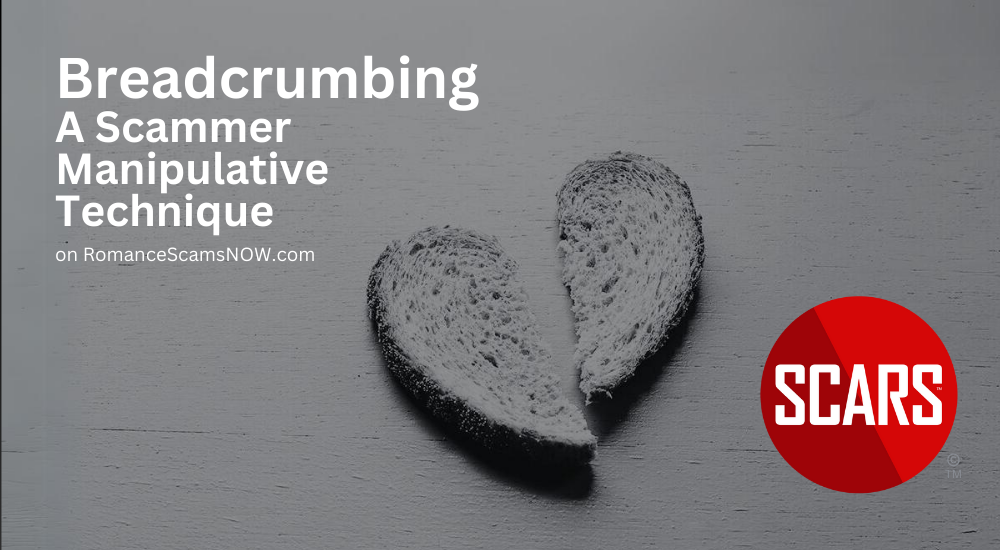

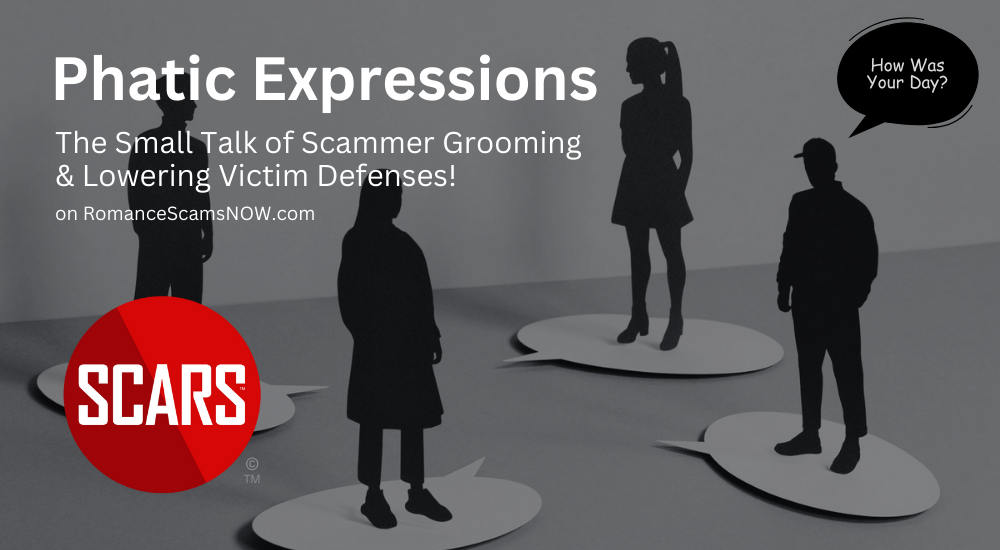

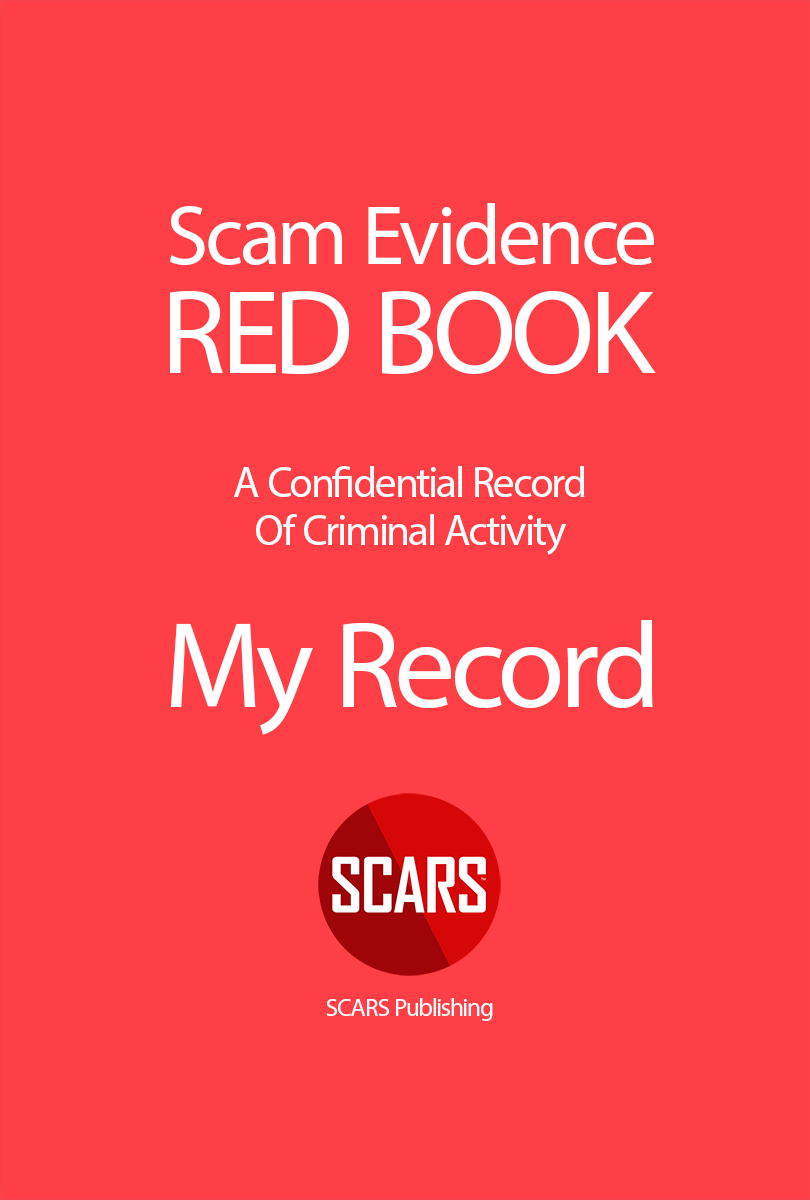
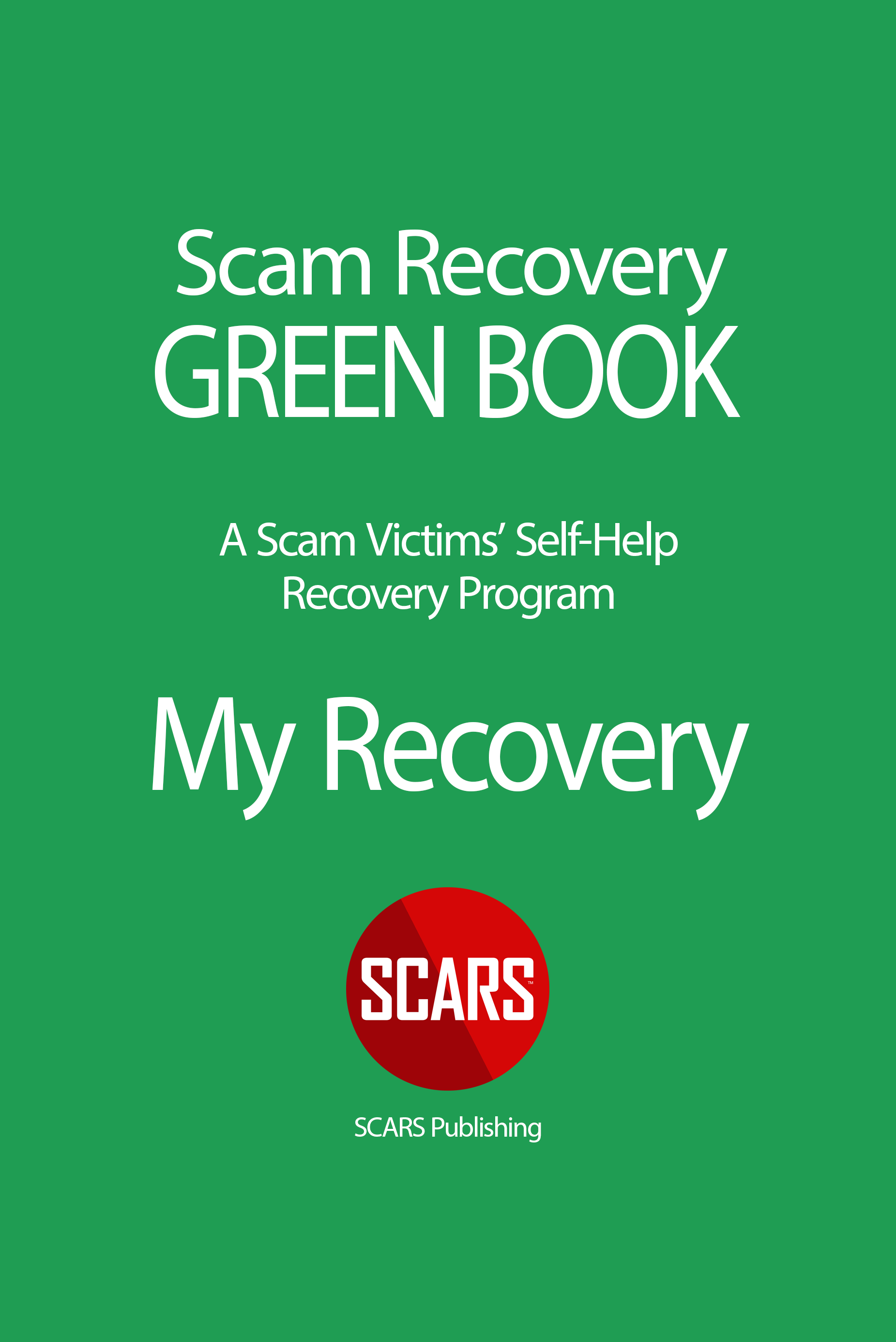










It is a very common way to communicate with people we know, or even to be polite to strangers or less familiar people we meet on a daily basis. To understand the concepts behind how timing and how the brain works when scammers use these tactics to groom us is fabulous information. I appreciate learning about these processes so much. Thank you for making them available to us!
My “romance” relationship scammer used phatic language most of the time. I always had to dig for details. I thought maybe they weren’t ready to share details about themselves. I never was able to get a mailing address for them.